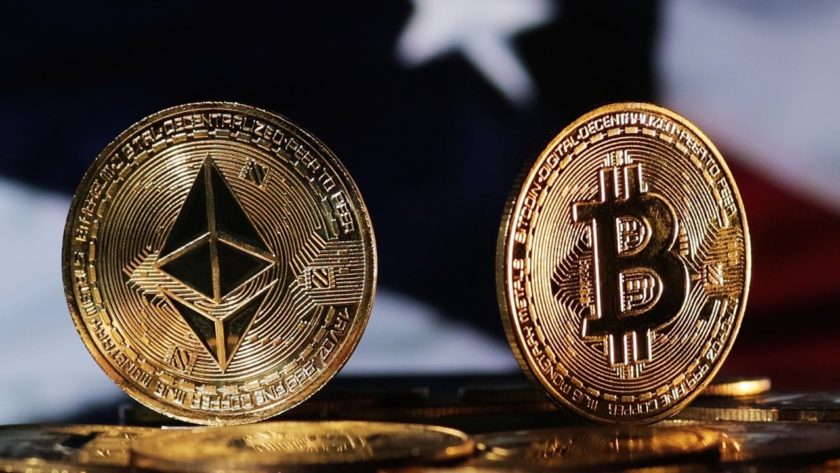In April, after more than a year of falling prices, Bitcoin and the crypto markets took off on a bullish rally. While the initial price jump has been tied to a massive 21,000 BTC buy, geopolitical overtones at the time concerning Brexit contributed to the wave of investment interest.
During the same week that Bitcoin and cryptocurrency experienced its first bullish rally since the beginning of 2018, British Parliament and Prime Minister Theresa May were embroiled in a debate on how to handle their exit from the European Union. While once a seemingly impossible though, the U.K. appeared to be drawing near a ‘No-Deal’ Brexit, which would have brought about an abrupt and immediate cease in trade and relations with the European Union.
In anticipation for such an event, currency speculators were predicting a collapse in the British Pound and drop-off for the Euro, driven by the economic turmoil and halting trade between the two entities. Parliament swooped in during the first week of April to prevent a No-Deal Brexit, and the entire event was brought to anti-climatic end mid-month with Brexit being delayed to the end of October 2019.
However, the economic uncertainty kicked up in the wake of Brexit was enough to draw vast swathes of the investment landscape to cryptocurrency as a possible alternative to government fiat and the traditional markets that relied upon their currency. Similar interest in cryptocurrency has continued to be generated throughout May, as the fallout from U.S. and Chinese trade negotiations creates a murky global landscape.
The ‘trade war’ brewing from President Donald Trump’s handling of U.S.-Chinese relations has the investment class once again looking at cryptocurrency as a potential means for economic viability. The bullish turn for Bitcoin is no doubt related to the market cycle of a severe bearish period coming to an end, but the geopolitical implications of global economics have changed over the last eighteen months.
Whereas cryptocurrency was previously viewed too volatile to participate in, institutional investors are turning to the possibility of Bitcoin as a substitute store of value and alternative to the traditional markets. In addition, the entire industry has been vetted and supported by the entrance of social media giant Facebook and Wall Street stronghold J.P. Morgan Chase.
The vote of confidence for cryptocurrency is in; now it remains to be seen how the industry can move past the FOMO and price speculation that led to January 2018’s massive collapse in valuation. It’s possible that the looming global recession for the world’s markets–after 12 years of bullish prices–could force the hand of investors and cryptocurrency. But given the economic uncertainty being generated by both a looming trade war and a delayed Brexit, it could be only a matter of time before crypto takes a more central stage as a currency and digital asset.
Either way, the valuation for cryptocurrency appears tied up in larger factors than retail price speculation.




